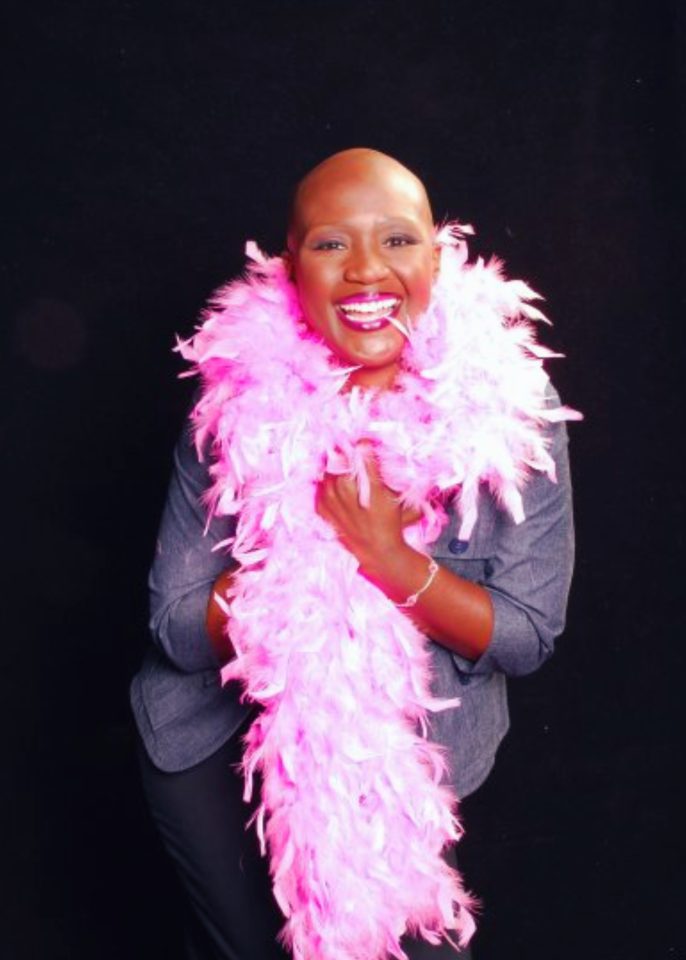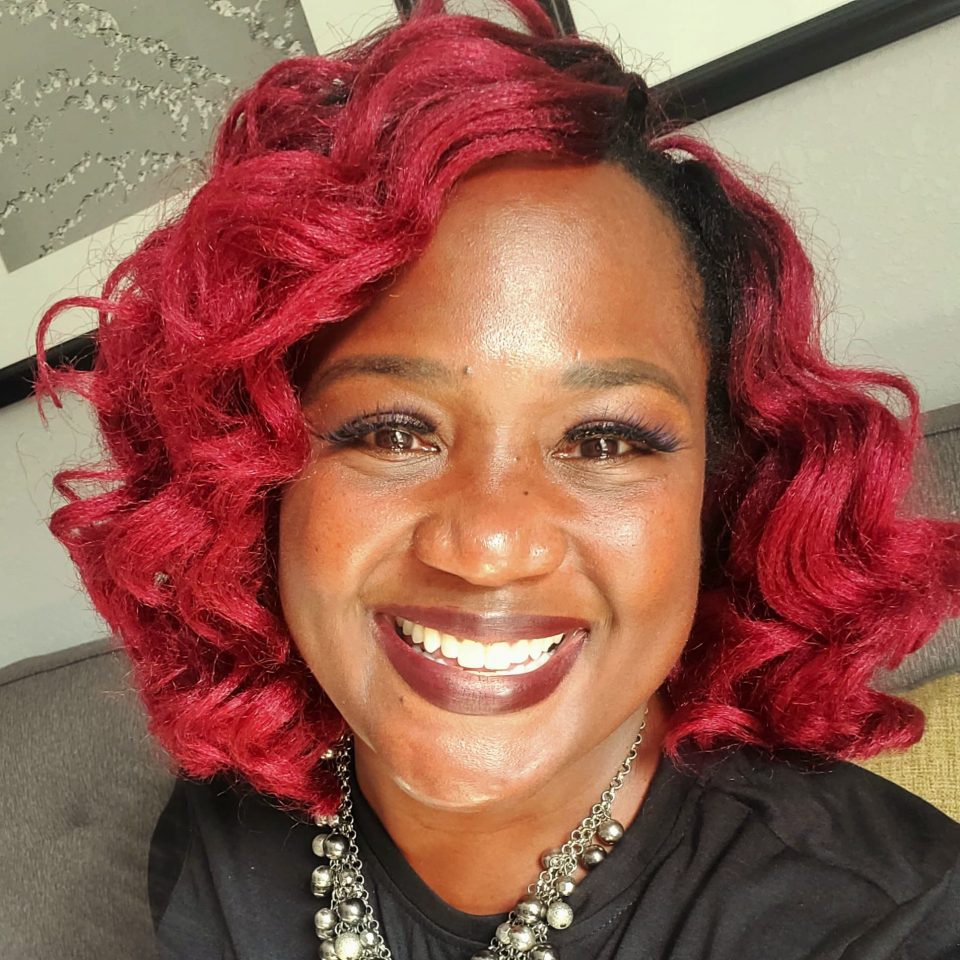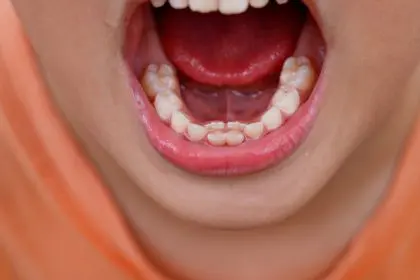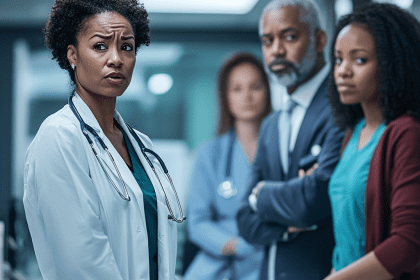Dr. Beth Goodman, known as “The Premiere Pink Diva” and “sPrINKles,” is a dual-certified personal life coach, professional speaker, and breast cancer survivor. This Atlanta native has served as National Survivor Spokesperson for The American Cancer Society and Lee Jeans, and was recently featured in Essence Magazine. A 17-year breast cancer conqueror, Dr. Goodman is also the Chief Clothier of Kingdom Klothes, a trending line of clothing that fuses faith with high fashion. In a recent interview, she shared her inspiring journey and insights on breast cancer awareness.
[Editor’s note: This is a truncated transcribe of a longer video interview. Please see the video for the extended version. Some errors may occur.]
What does the color pink signify to you?
The color pink represents and signifies, for me, survivorship, empowerment, encouragement, joy, strength, healing, hope, and the future.
When we think of the future and we think of breast cancer, what would you tell your younger self based on when you got diagnosed and how you’ve been able to live to this day?
Well, considering the fact that I have been breast health-conscious since the 11th grade, when I had my very first lumpectomy, and then in 2002, 2004, and 2007 lumpectomies, I would tell my younger self, “Consistency is key. Know your girls.” The same way that we know our girlfriends, we should know our girls, because my girls saved my life. If I hadn’t known them the way that I do from the 11th grade until 2007, I would have never known that something was wrong. So, it’s important to stay in touch—pun intended.
Why did you take the effort, and why do you say today, “Know your girls better than ever”?
Well, as you stated, in the 11th grade, who’s thinking about breast cancer? No one. Not a single person that you could ask or interview would say, “Oh yeah, I woke up in the 11th grade thinking about breast cancer.” However, when you are conscious of your being, and you know what your breasts should feel like, you know when something’s not right.
It’s because of that awareness that I discovered I had fibrocystic breast disease, which is when you have very thick, lumpy, dense breasts. Knowing that, I was able to pay attention to it. Now, knowing that history, and knowing that even with fibrocystic breast disease we have to be conscious of the intake of caffeine—because caffeine has a part to play in changing the condition and shape of the nodules—it was because of that change, me having had caffeine, that the cancer was discovered. The nodules were not feeling the same.
When you have a discovery and you’re a woman, it’s new. What type of emotional reaction is the first when they say there’s an issue?
So everyone’s story is different. Everyone’s story is unique to their situation, their walk in life, their faith, and their way of being. I can only speak from my personal journey. When the doctor said, “Ms. Goodman, you have DCIS—ductal carcinoma in situ,” I said, “What is that, and is it on sale?” People who know me know I manage serious things with humor because humor is the best medicine, so the Bible says.
He said, “You have breast cancer.” Immediately I said, “I will live and not die.” He replied, “You’re not going to die; you will live.” And I said, “Good! As long as we’re on the same page, we can move forward.” Because how can two walk together unless they agree? If you’re in agreement with me that I’m going to live, and I’m in agreement with you that I’m going to live, let’s live.
As he was sharing information about having breast cancer and going into the next steps of the prognosis, he said, “We’re going to have to do a mastectomy.” I said, “Wait a minute, a mastectomy?” And he said, “Yes.” I replied, “Well, I’d rather be alive with one than dead with two.”
And when you get to that point in your life where you value living, whatever needs to happen for you to be here long enough for your children is what needs to happen.
And then I thought about it. As he was explaining what the mastectomy is and what would happen, I stood back. As I stated earlier, everyone’s story is different, and I said, “Wait a minute, are you telling me that I’m getting a boob job and a tummy tuck?” My doctor, who had been my doctor for years and knew my humor, said, “Ms. Goodman, if that’s what you want to call it, that’s what we’re going to say.” And I said, “Okay, whatever it takes for me to be alive.”
The reality is this: so many women get tied into losing a breast. My encouragement to those who are newly diagnosed and undergoing surgery, whether it’s a bilateral mastectomy or a double mastectomy, is not to consider it as losing a breast. Consider it as removing the cancer. Wherever the cancer is, that’s what you want to have removed. If it were in your toe, you’d want the toe removed because it’s about removing the cancer, not the toe. It just happens to be in the breast.
It can take some time to develop that mindset. As I said before, everyone’s story is different. So, I took it as the cancer was where it happened to be and needed to be removed. Because the reality is, I am not my breast, nor am I my hair. I am healthy, I am cancer-free, and I am “surthriving.” “Surthriving” is a word I use affectionately because it’s a combination of surviving and thriving. Anyone can survive; I’m sure you’ve survived something. Then the question turns to, are you thriving in that surviving? When you put the two together—survive and thrive—you have “surthrive.”
The relationship between humor and being able to look in the mirror and not get lost in what you’re seeing—how did you bring in and understand that what you’re now seeing after surgery is a beautiful new self? And what did you tell yourself?
First and foremost, I told myself that I’m made in God’s image. I look like Him, and He looks like me. I am fearfully and wonderfully made. If I look like Him, and I’m made in His image, there’s no way that if God were standing in front of me, I would frown at Him. Because of that stance in my life, there’s no way that I could look at myself and frown.
My scars are my scars. They are my championship. They are my trophy for beating cancer. They’re my trophy. The enemy brings two things: AIDS and cancer. When you hear those words, what are the first things that come to your mind? And in that moment, I never gave death an opportunity to set in.
These are my Oscars. This is my victory over what the enemy intended to kill me with, but God had a different say. So they’re my Oscars. I don’t know if you can see, but that’s my Oscar. That’s my trophy of triumph. I can look in the mirror and say my girls are the balm; they are the balm. They are the balm in Gilead because that’s what kept me.
Every single day, I get to smile and laugh in the face of the enemy because he tried to kill me and was successfully unsuccessful. I have a scar on my body from my left hip to my right hip where they removed the skin and fat from my stomach to reconstruct my left breast as part of the bilateral mastectomy. So, I literally have a face on my body. The scar from my left hip to my right hip is the smile. My girls are the eyes, and my belly button is the nose.
Every single day that I’m alive, I smile in the face of the enemy, saying, “Na, na, na, na, na, na.” You did not win. So, I find joy in the fact that I get to be alive. I get to be alive after undergoing chemotherapy, after being bald due to the chemotherapy. Many women get attached to the fact that their hair is coming out. My invitation is to consider it this way: the hair loss is the mere fact that the chemotherapy is doing its job. It’s attacking the cancer.
When you remove the personal aspect of your hair and realize that the chemotherapy is working, then we get to reframe it. We know the song that’s famous, India Arie’s “I Am Not My Hair.” I am not my hair. I’m a spirit being that happens to be in this body. And I pride myself on saying that God took my glory so that I could wear His. Wearing His glory allowed me to tell the story of how He kept me, how He sustained me, and how the fight of faith allowed me to be victorious on the other side. The fight of faith gave me the will and the fortitude to be able to support new sisters and brothers who are newly diagnosed.
Then I ask the question: do you want to live or die? Because it’s in those fleeting moments that the most pivotal decision of your life is made. Do you want to live, or do you want to die? The mortality and the reality are like, “Oh my gosh, I have to make that choice.” And you do. Soon to be 17 years cancer-free next month, I’ve not had one person say they want to die. So, it is in that moment that they instantaneously reframe and begin to live the life that they have.
Closing remarks:
Dr. Goodman: As I stated a little while ago, men also get breast cancer. So, my invitation is to check yourself as well. Be aware. Perform an exam. Find out so that you can support someone else and know what’s happening with your body, too.



















